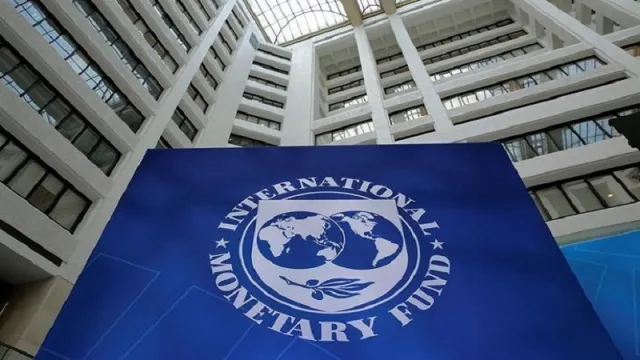Businesses fear of unpredictable Govt rules rises fastest

Businesses fear of unpredictable Govt rules rises fastest
Kenyan businessmen fear legal changes will have a very huge impact on their companies as Kenya approaches the August General Election.
A survey by the Allianz Risk Barometer shows that changes in regulations and laws was the ninth biggest risk in 2021 but has jumped all the way to the fourth biggest risk currently.
Although businesses disruption ranked first, political risk and violence second and the Covid-19 pandemic ranked third while unpredictable legal regime has risen the most.
Huge unsustainable debt, revenue shortfalls and a tight International Monetary Fund (IMF) programme has made the government introduce new tax policies that have kept businesses worried.
Kenya has promised the IMF not to relent on taxes committing to follow the programmed fiscal consolidation path.
This has seen State agencies such as the Kenya Revenue Authority (KRA) go out on limb to prosecute old cases, and even disregard court orders on enforcing a 4.97 per cent jump in taxes on beer, bottled water, juices and cigarettes which had been stopped in December last year.
Bar owners say the KRA systems for filling returns still reflect higher excise duty charges on the commodities, creating confusion among manufacturers on the status of the freeze.
Read also: Kenyan tea pickers sue Finlays in Scotland for ‘modern-day slavery’
This was an indication that State policy overides court rulings and Parliament, giving rise to a worrying trend for business given the encouragement from the IMF.
IMF lauded the Treasury officials for resisting recent pressure from Parliament to cut fuel taxes and have committed to taking compensatory measures should their appeal to reinstate the corporate minimum tax which was rejected fail.
In Article IV, the multilateral lender bashed the courts stating Kenyan courts have taken a more activist approach striking down attempts to introduce a minimum alternative tax and even the regular inflation adjustment of excise rates.
The IMF, however, said with General Election scheduled for August 2022, tax policy is further complicated by resistance in Parliament to calls for tax increases.
Business fear pressure from the multilateral lender will continue affecting State policies thereby impacting on business.



